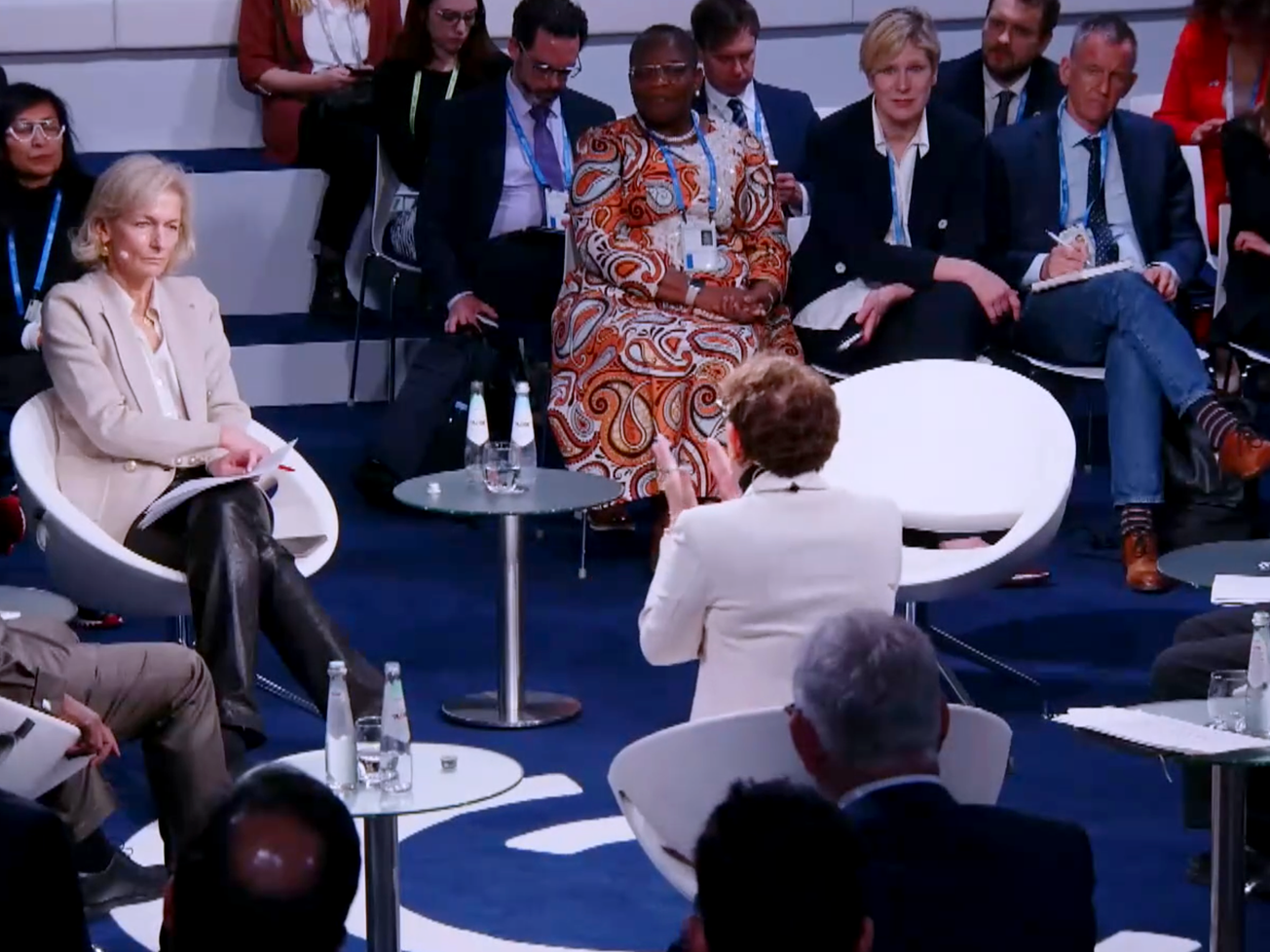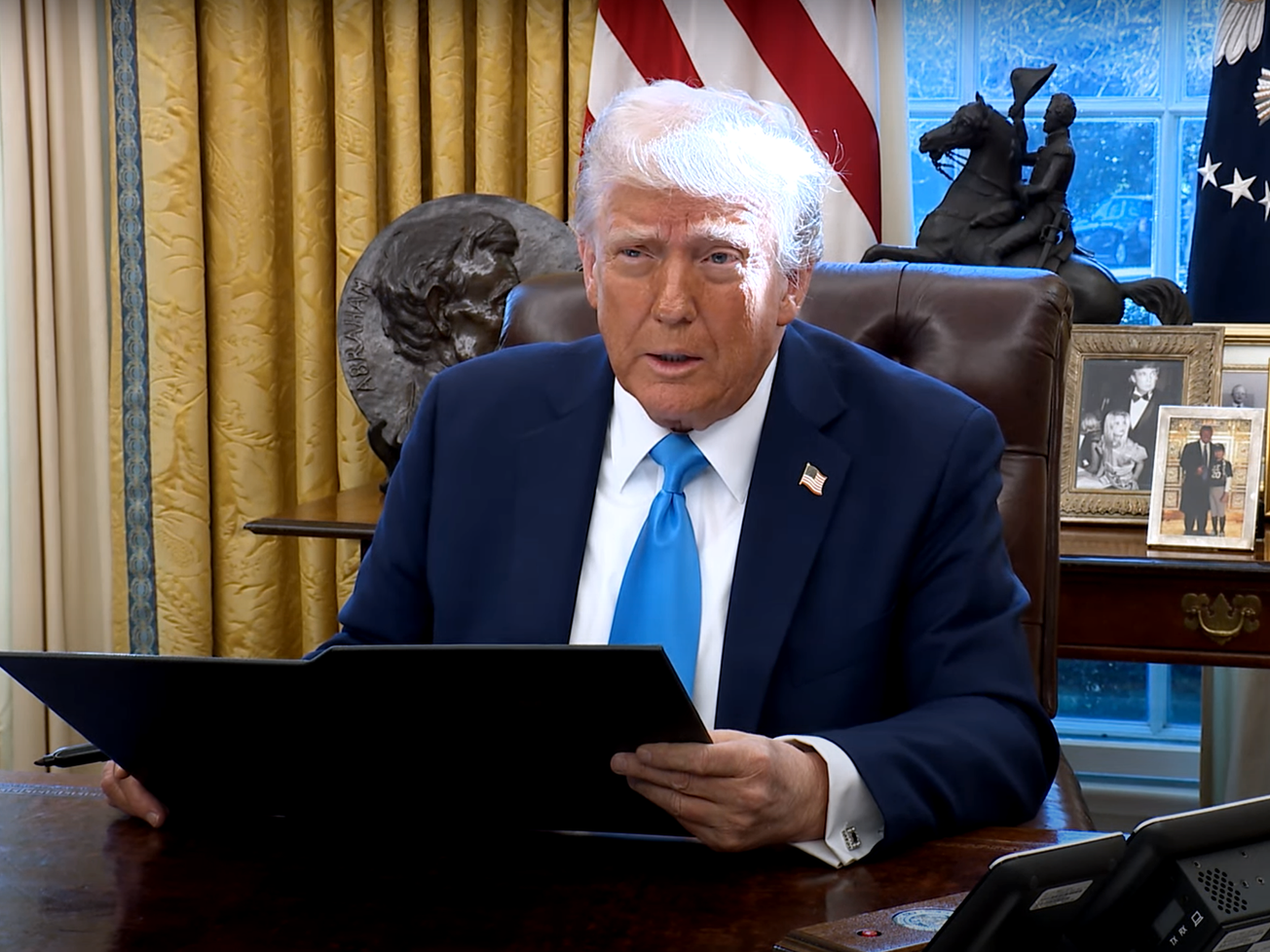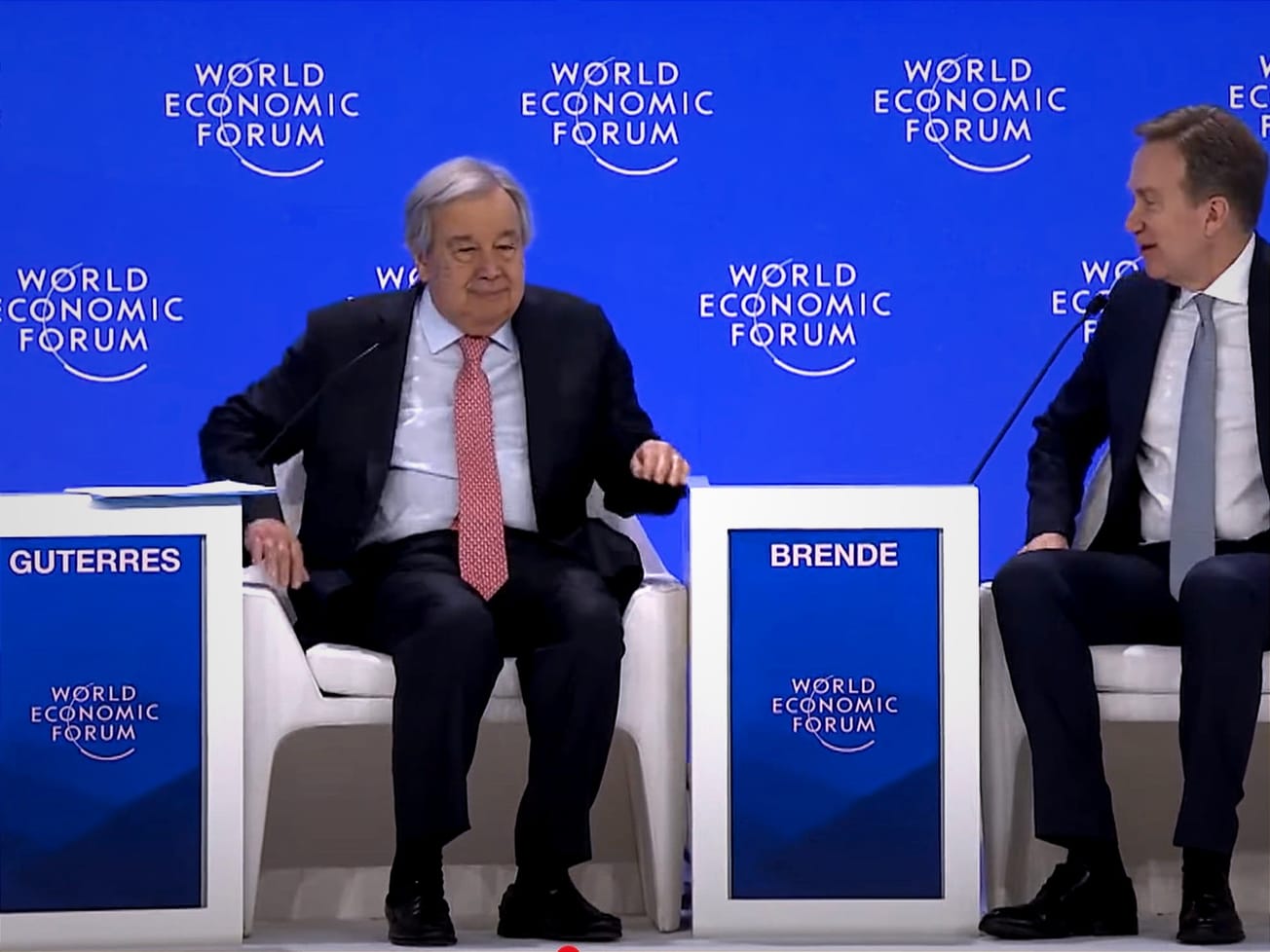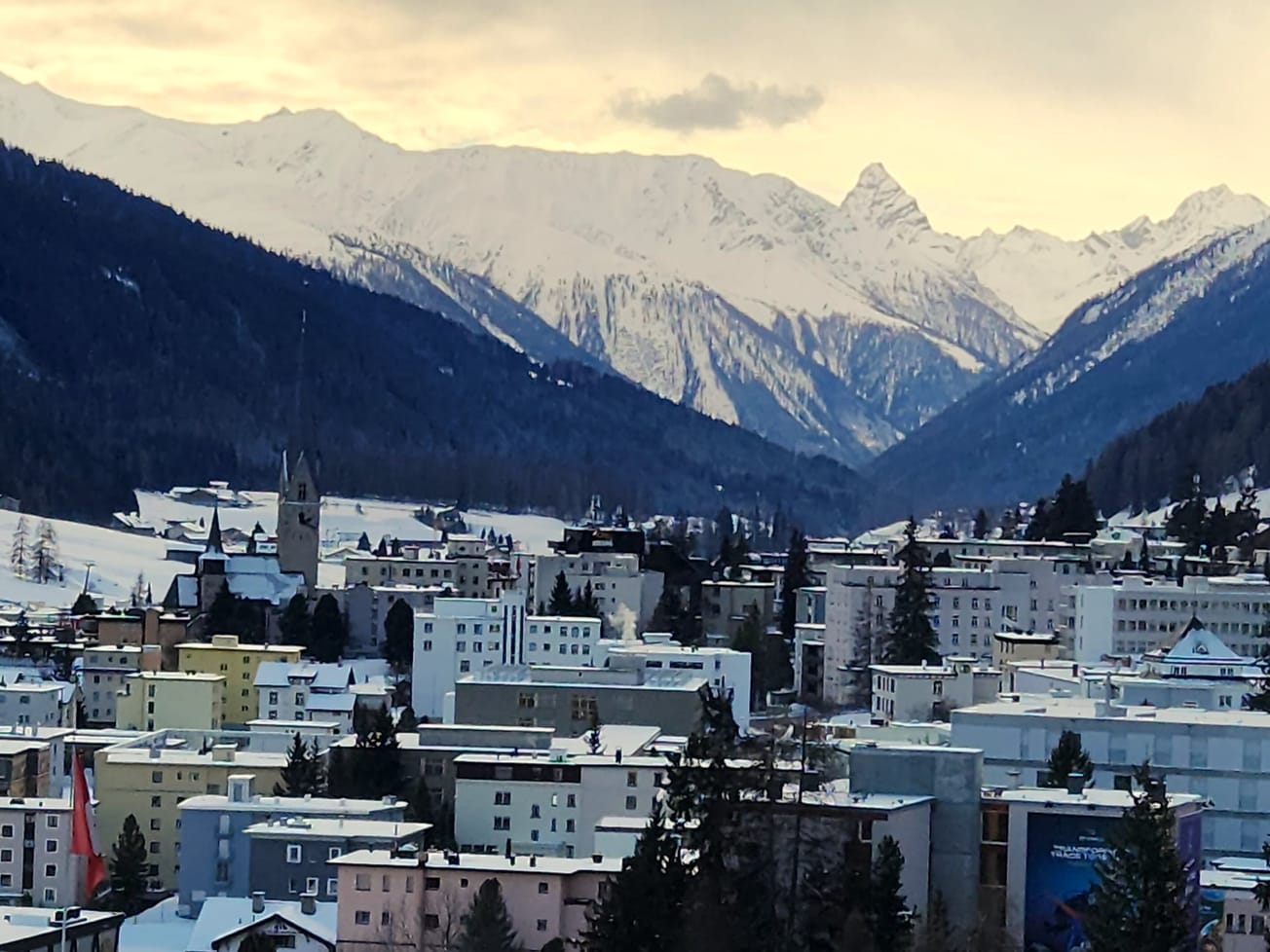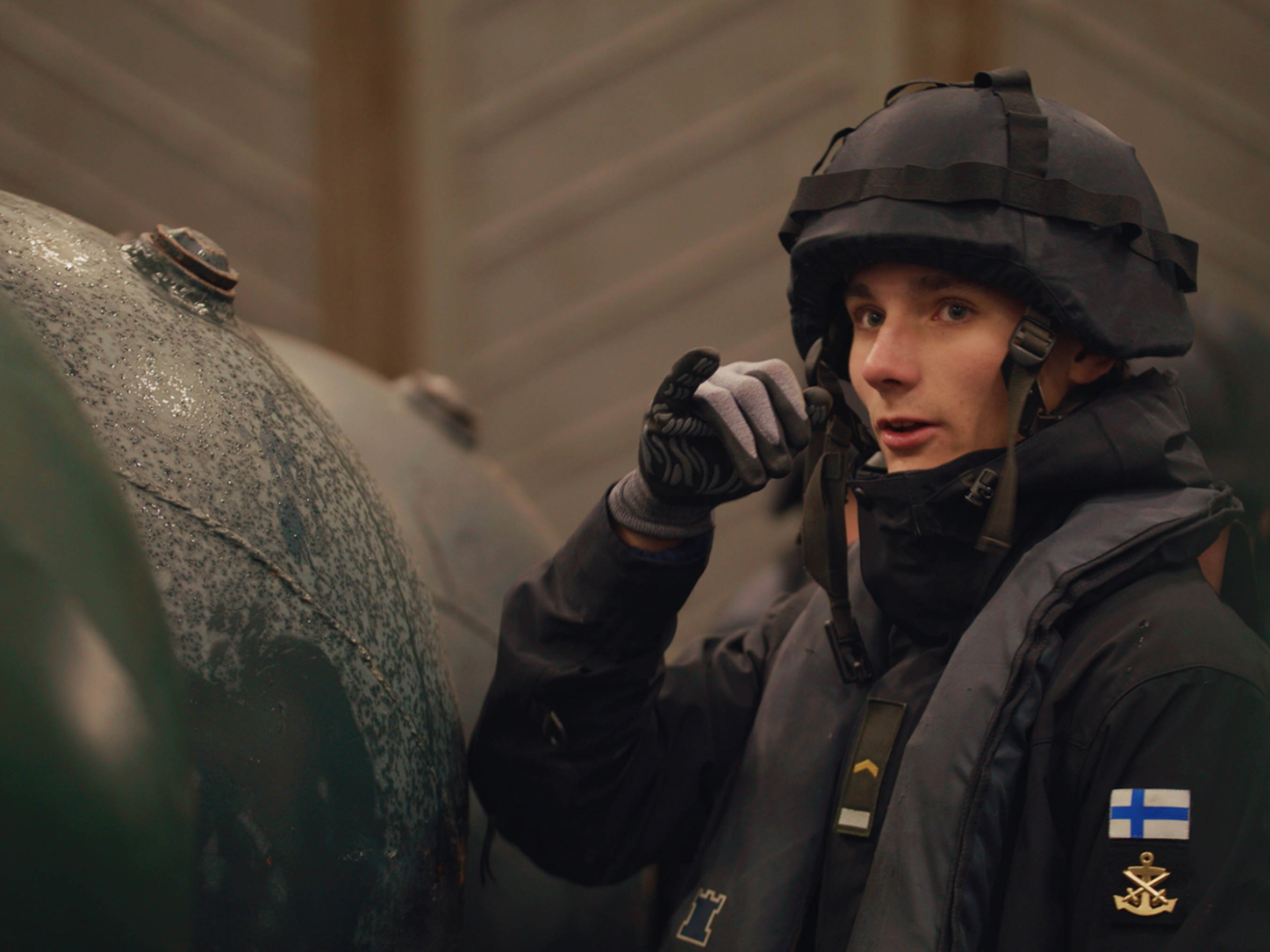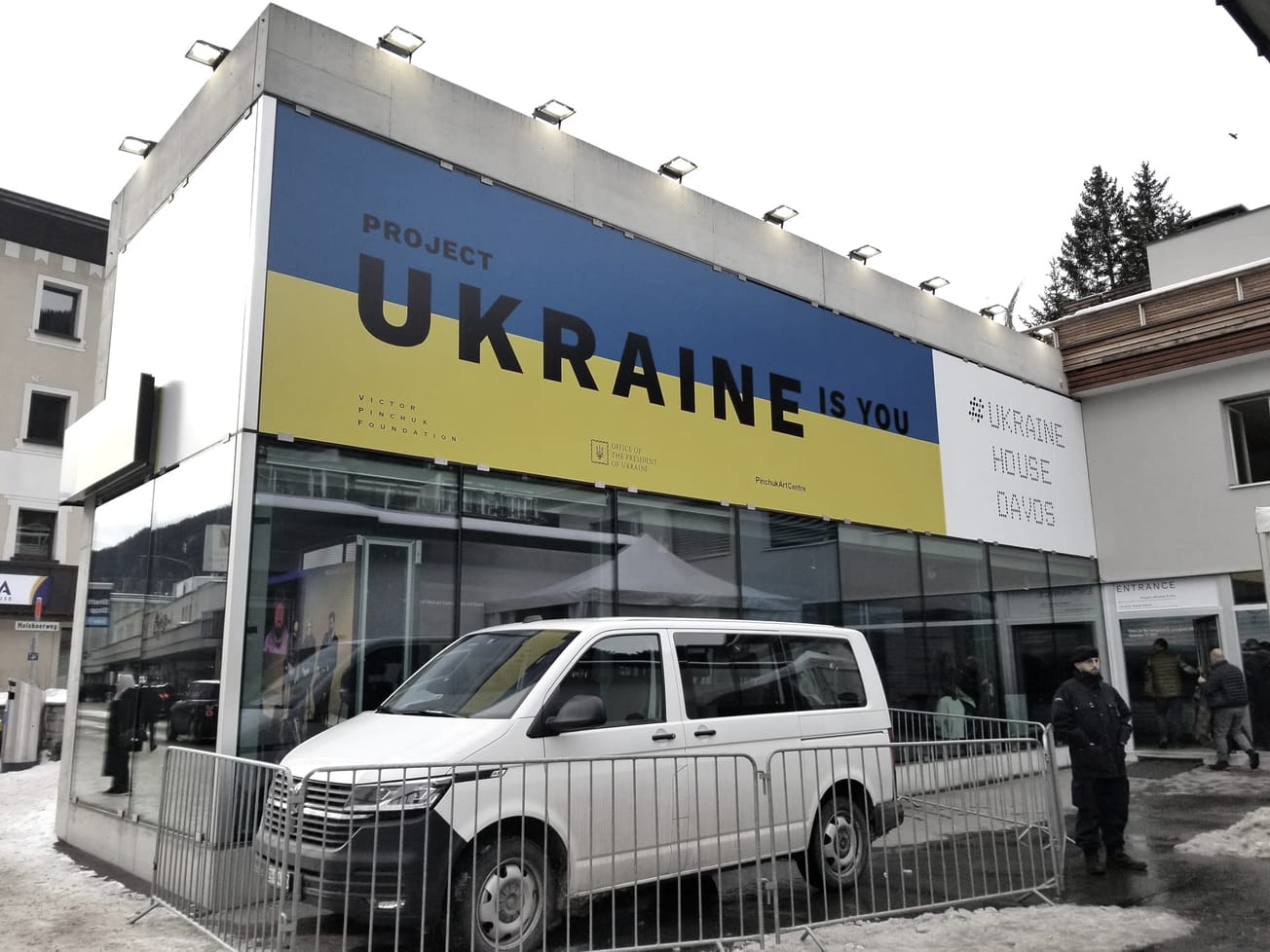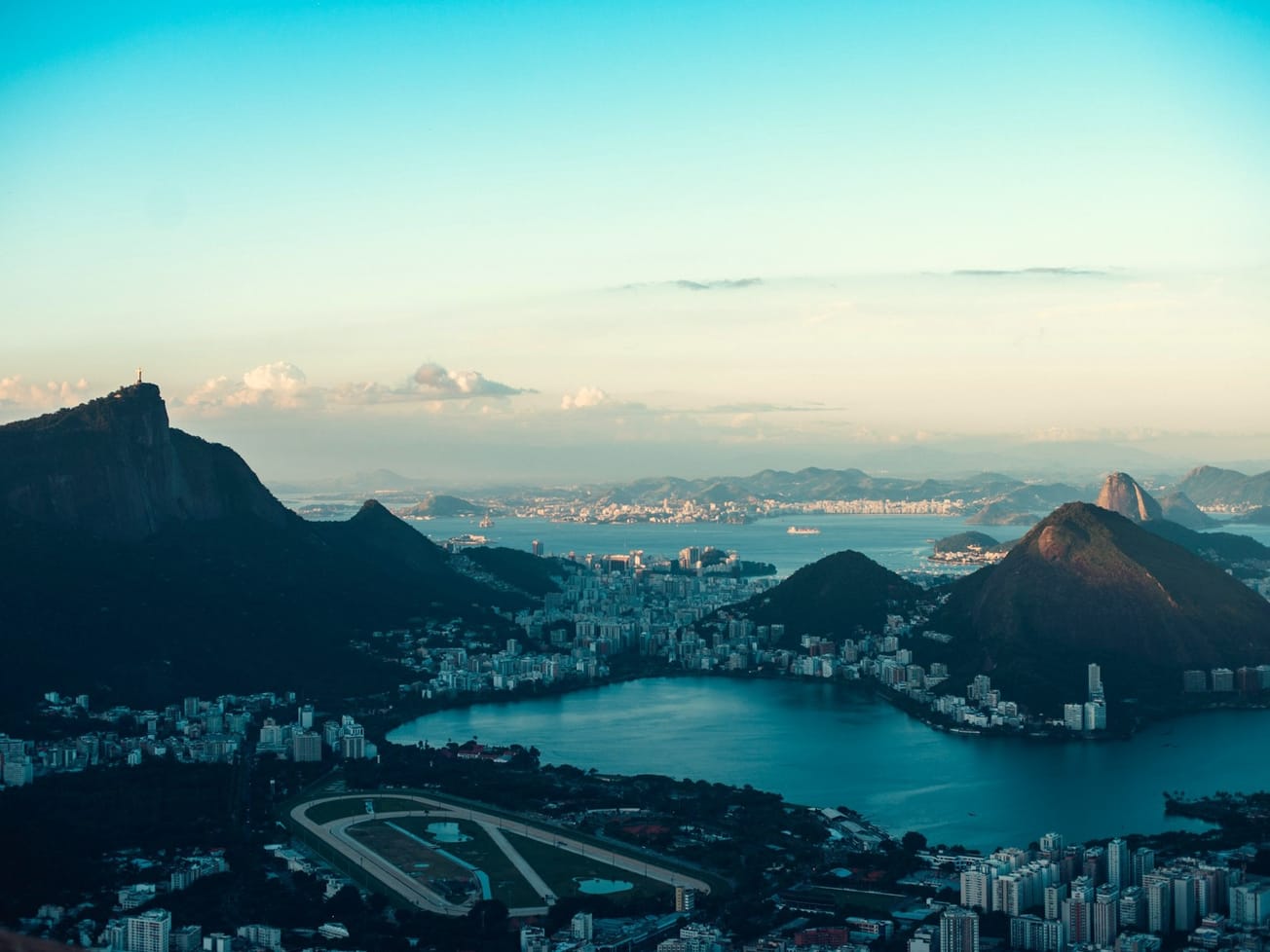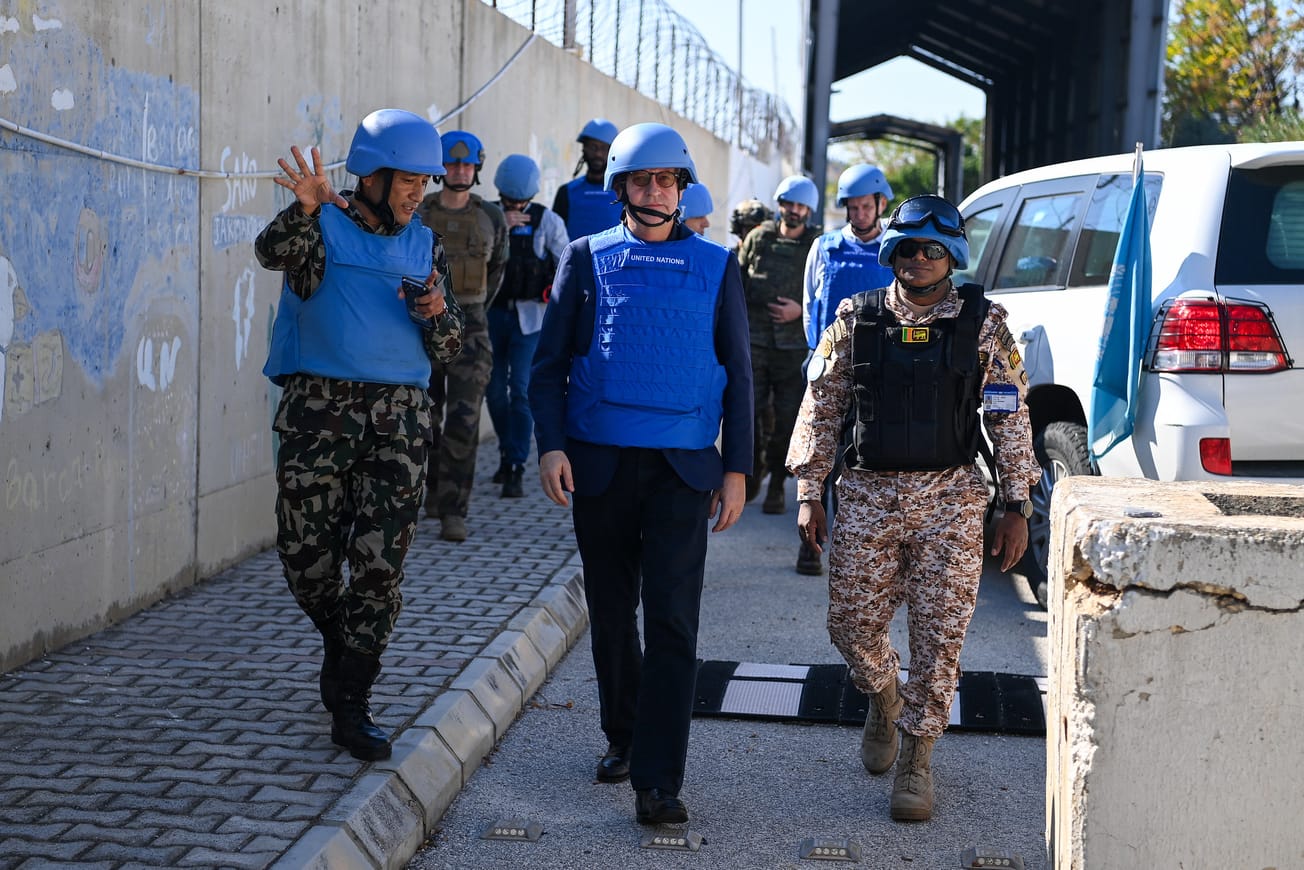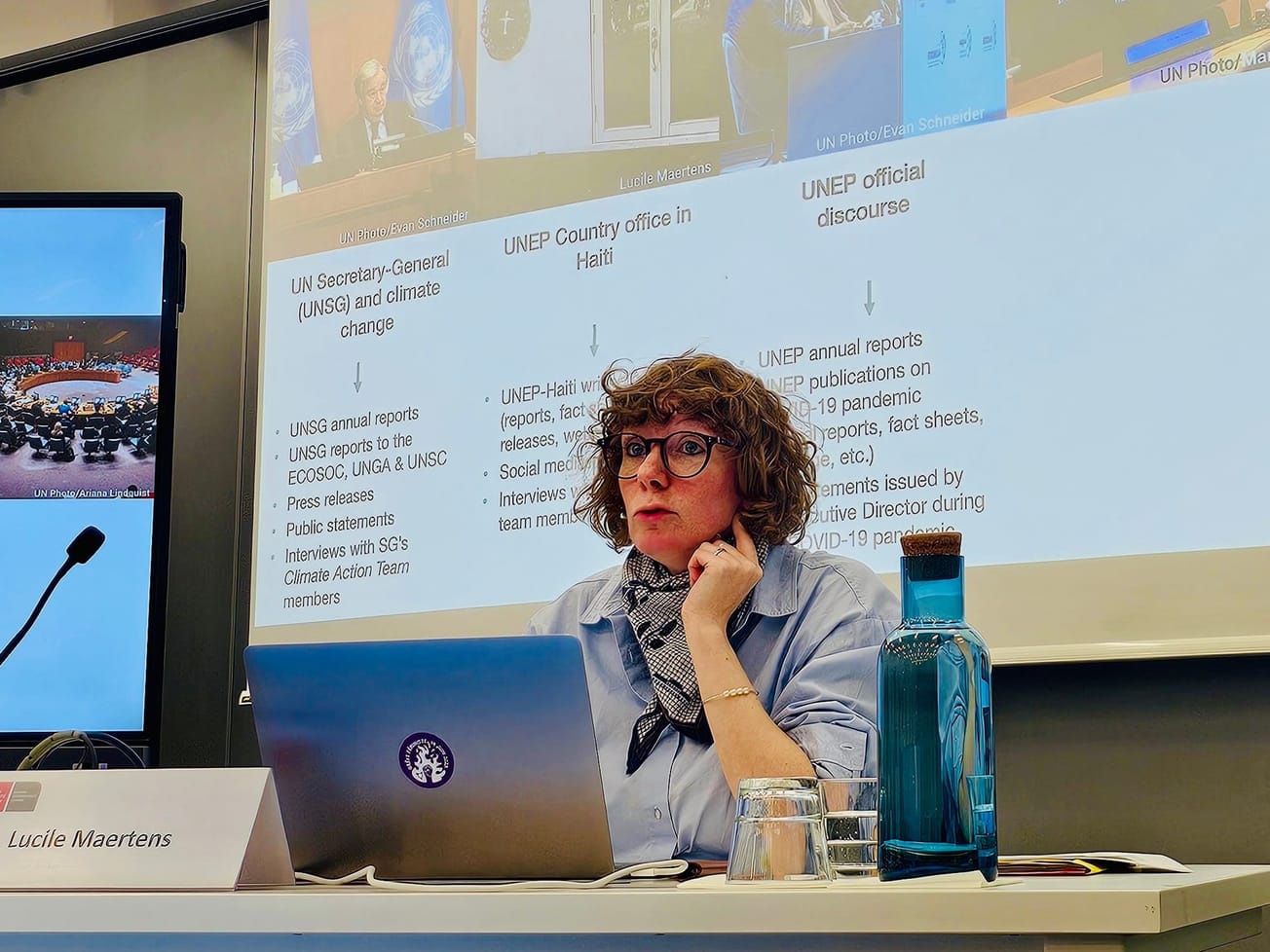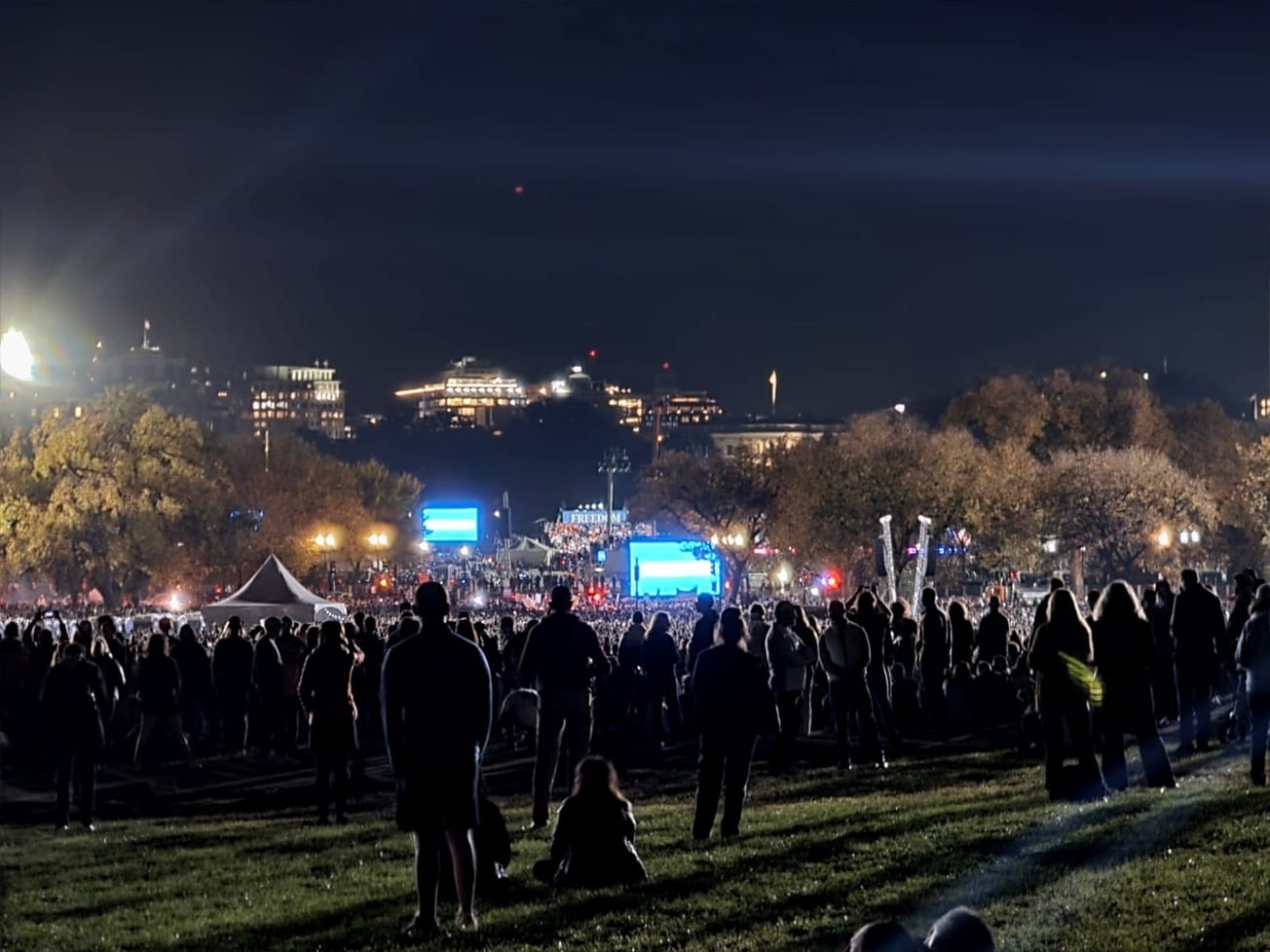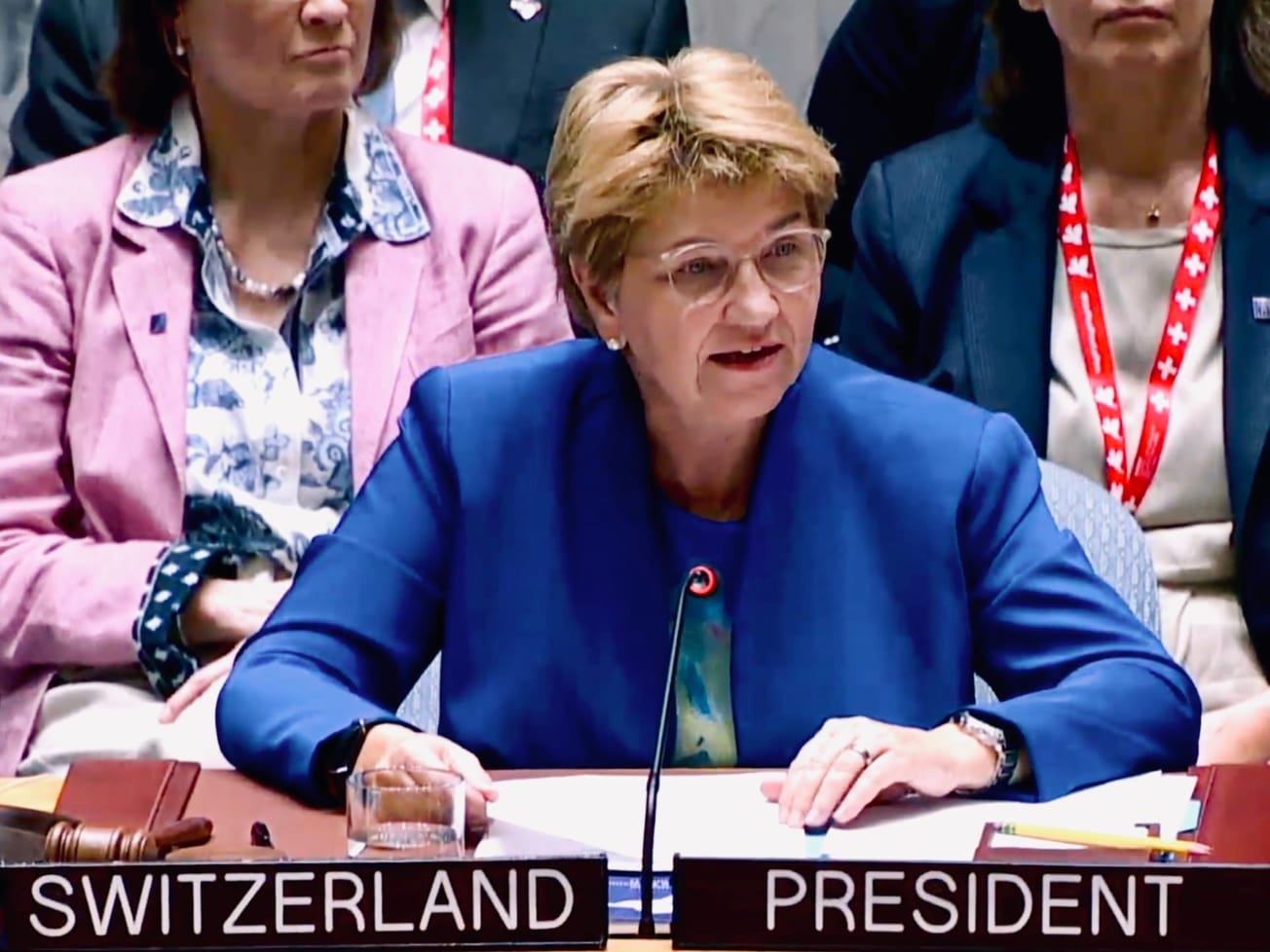
Trump and Putin usher out 80 years of U.S.-led security and cooperation
Trump's embrace of Putin and contempt for long-established transatlantic ties is an existential crisis for Europe and NATO.
The world's multilateral efforts to solve global challenges are based on a post-World War II political and economic order that is struggling to navigate the 21st century's multipolarity and rise of authoritarianism: the U.S.-China rivalry, Russia's war in Ukraine, Israel and Hamas, the West's conflicts with North Korea and Iran, the crisis in Afghanistan, coups in Africa, and unrest in the Americas over deep-rooted injustices, biases and inequalities.

Already have an account? Log in
Trump's embrace of Putin and contempt for long-established transatlantic ties is an existential crisis for Europe and NATO.
The German leader rebuked a suggestion the U.S. might not support Europe if it shuns far-right, anti-immigration parties.
The E.U. plans to trigger an emergency clause on deficit spending to allow for a huge boost in defense spending.
European defense leaders were indignant at U.S.-Russia talks that excluded Ukraine, saying it must be part of negotiations.
The Arctic island's E.U. and NATO ties make it highly unlikely the U.S. would risk a move that could destabilize the region.
The U.S. president also withdrew the U.S. from the U.N. Human Rights Council and stopped funding for UNRWA.
His remarks were aimed at focusing attention on rising global temperatures and unregulated artificial intelligence.
Børge Brende, WEF's president, said there is "a greater level of global uncertainty than we have seen in a generation."
NATO officials say the threat of sabotage to energy and communications cables on the sea floor is 'a global problem.'
The post-Cold War international order is "giving way to a more fragmented landscape" that demands cooperation.
The group named for Brazil, Russia, India, China and South Africa targets social inclusion and global governance reforms.
U.N. Security Council Resolution 1701, approved in 2006, is seen as a roadmap and the best hope for ending the war.
The ability to keep an important issue on the public agenda can depend on how an organization frames the debate.
I'm an 18-year-old Swiss-American learning how two similar democracies can have such different political cultures.
Hospitals are attacked, health care workers detained, and men and boys are rounded up by Israeli forces in northern Gaza.
As a Swiss-American, I'm represented by a Swiss woman president who spoke at the U.N. Maybe the U.S. will follow?

